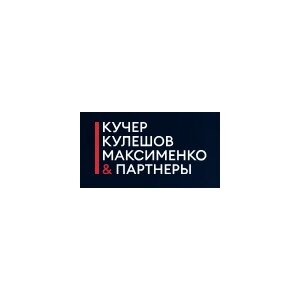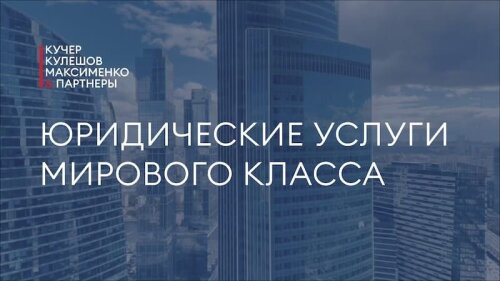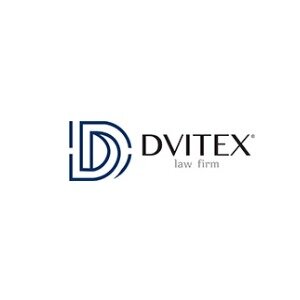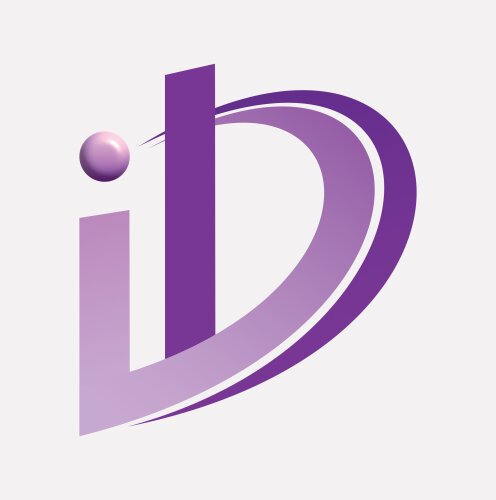Best Debt Capital Markets Lawyers in Moscow
Share your needs with us, get contacted by law firms.
Free. Takes 2 min.
List of the best lawyers in Moscow, Russia
About Debt Capital Markets Law in Moscow, Russia
Debt Capital Markets (DCM) play an essential role in Russia’s financial landscape, especially in Moscow, which serves as the country’s main financial hub. DCM refers to the market for raising funds through the issuance, trading, and management of debt securities such as bonds, notes, and other fixed-income instruments. In Moscow, both local and international organizations use these markets to secure funding for a wide range of projects. The legal framework in Russia regulates the creation, issuance, offering, and trading of these financial instruments, requiring strict compliance with various local and international standards.
Why You May Need a Lawyer
Navigating Debt Capital Markets in Moscow can be highly complex due to stringent regulations and the high value of transactions involved. Common reasons to seek legal help include:
- Structuring and issuing bonds or other debt securities
- Conducting due diligence on issuers or instruments
- Negotiating terms of offerings or placement agreements
- Ensuring compliance with Russian and international securities laws
- Responding to regulatory investigations or inquiries
- Addressing disputes or defaults relating to debt instruments
- Advising on cross-border offerings and foreign investment regulations
Lawyers can help interpret legislation, manage risks, and provide practical guidance to avoid breaches and costly legal pitfalls.
Local Laws Overview
Key legal aspects governing Debt Capital Markets in Moscow, Russia, include:
- Federal Law on the Securities Market: Establishes rules for issuing, registering, and trading securities in Russia.
- Central Bank of Russia Regulations: The Central Bank acts as the primary regulator, overseeing market stability, licensing participants, and monitoring compliance.
- Civil Code of the Russian Federation: Governs contractual relationships and the structure of debt instruments.
- Listing Rules of the Moscow Exchange: Set requirements for issuing and listing bonds and notes on the country’s main trading platform.
- International Considerations: When cross-border funding is involved, other laws such as those on currency control and anti-money laundering come into play.
These laws require detailed documentation, disclosure, and reporting obligations, and non-compliance can result in severe penalties.
Frequently Asked Questions
What are Debt Capital Markets?
Debt Capital Markets are platforms where companies, governments, and other entities raise financing by issuing debt securities like bonds, as opposed to raising equity capital.
Who regulates Debt Capital Markets in Moscow?
The main regulator is the Central Bank of Russia, which supervises securities issuance, trading activities, and enforces compliance with the law.
What types of debt instruments are most common in Russia?
Common instruments include corporate bonds, government bonds, Eurobonds, promissory notes, and structured debt securities.
Can foreign investors participate in Russia’s Debt Capital Markets?
Yes, foreign investors can participate, subject to currency control regulations, registration requirements, and sometimes restrictions on certain types of securities.
What are the basic steps to issue bonds in Moscow?
The process typically includes structuring the offering, drafting and registering prospectuses, obtaining regulatory approvals, and listing the bonds on the Moscow Exchange or other platforms.
What are the main risks involved in DCM transactions?
Main risks include regulatory changes, credit risk, currency fluctuations, market volatility, and potential default by issuers.
How are defaults on bonds handled in Russia?
Bond defaults are managed according to the Civil Code, offering remedies such as restructuring, court action, or enforcement of collateral.
What legal documents are required for a debt offering?
Key documents typically include a prospectus, offering memorandum, trust deed, subscription agreement, and various disclosures as required by law.
How is investor protection ensured?
Russia has disclosure obligations, suitability tests, and regulatory supervision to protect investor interests. The Central Bank of Russia actively monitors market practices.
What are the tax implications of investing in Russian bonds?
Taxation depends on the type of investor and security, generally involving withholding taxes on interest. Investors are advised to consult a tax specialist for personalized advice.
Additional Resources
If you are seeking further information, consider these resources:
- Central Bank of Russia: Regulatory body for securities and financial markets
- Moscow Exchange: The main platform for trading debt securities in Russia
- Federal Service for Financial Markets: Provides regulatory guidelines and news
- Russian National Association of Securities Market Participants: Industry association for market professionals
- Russian Ministry of Finance: Issues policy and regulatory updates
Next Steps
If you require legal assistance with Debt Capital Markets in Moscow:
- Define your objectives and collect relevant documents about your intended transaction
- Consult a qualified lawyer or law firm experienced in Russian DCM matters
- Prepare a list of questions and concerns to discuss with your legal adviser
- Review legal fees, timelines, and potential risks before committing
- Stay informed about regulatory updates and new market practices
Remember, early legal involvement can save considerable time, cost, and risk in the long run.
Lawzana helps you find the best lawyers and law firms in Moscow through a curated and pre-screened list of qualified legal professionals. Our platform offers rankings and detailed profiles of attorneys and law firms, allowing you to compare based on practice areas, including Debt Capital Markets, experience, and client feedback.
Each profile includes a description of the firm's areas of practice, client reviews, team members and partners, year of establishment, spoken languages, office locations, contact information, social media presence, and any published articles or resources. Most firms on our platform speak English and are experienced in both local and international legal matters.
Get a quote from top-rated law firms in Moscow, Russia — quickly, securely, and without unnecessary hassle.
Disclaimer:
The information provided on this page is for general informational purposes only and does not constitute legal advice. While we strive to ensure the accuracy and relevance of the content, legal information may change over time, and interpretations of the law can vary. You should always consult with a qualified legal professional for advice specific to your situation.
We disclaim all liability for actions taken or not taken based on the content of this page. If you believe any information is incorrect or outdated, please contact us, and we will review and update it where appropriate.

















